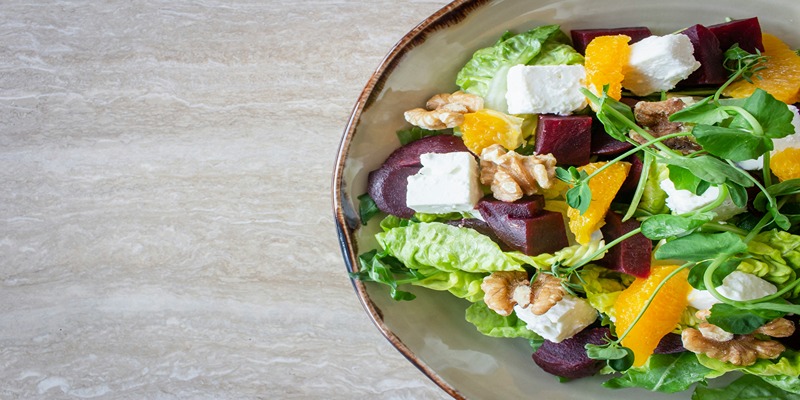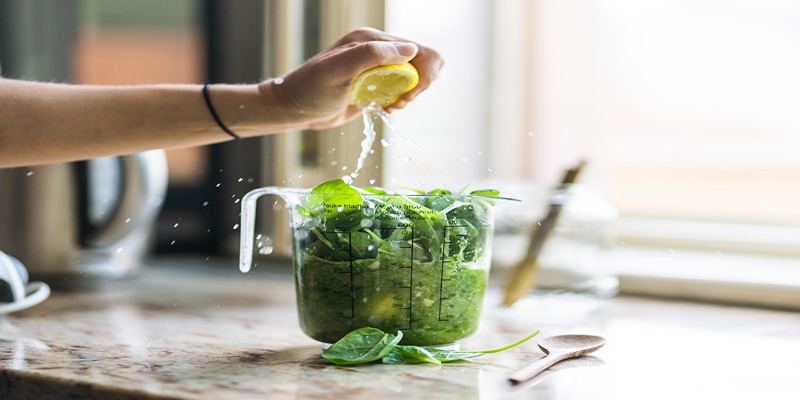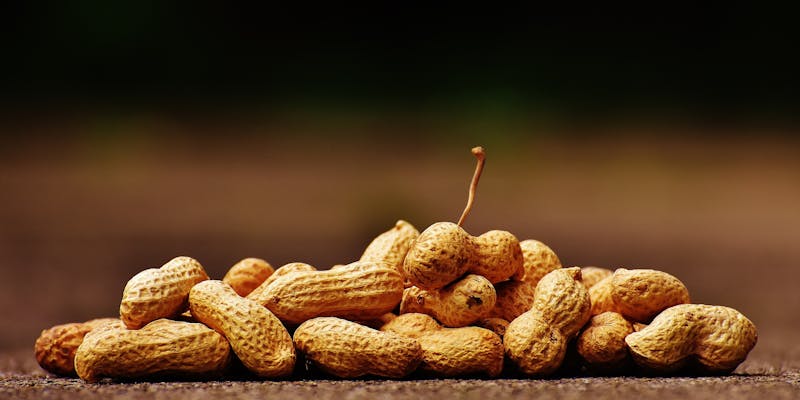L-Glutamine, or glutamine for short, is an essential amino acid. Proteins can't be made without amino acids. Your muscles and other tissues depend on them. Glutamine is essential for a wide variety of bodily processes. It improves digestive health, immunity, and more. Glutamine is often produced in enough quantities by the human body. However, more may be required in times of sickness or stress. That's why it's crucial to learn about glutamine. It's not a product exclusive to the athletic community. Essential for the well-being of all people. Glutamine aids the body in dealing with stress and in repairing and constructing tissues. Particularly crucial in the intestines. There, it maintains the barrier between the interior of your stomach and the rest of your body. This blocks the absorption of toxins in the digestive tract. Immune cells may also be fueled by glutamine. Your immune system will remain robust if you do this. Learning about and making good use of glutamine may help individuals maintain their health.

L-Glutamine Benefits for your Health
Enhancing Immune System and Gut Health
L-Glutamine is a powerhouse for enhancing your immune system and sustaining intestinal health. It is essential for the survival of immunological cells, particularly white blood cells. These cells have a higher requirement for glutamine while the body is fighting illness or under stress. Having enough can help your immune system do its job better. Glutamine is essential in the digestive system. It aids in preserving the health of the gut lining. This is crucial for avoiding contamination of your blood with germs and poisons. A strong intestinal lining is important for more than simply good digestion. Glutamine boosts immunity in a roundabout way by improving intestinal health.
Role in Muscle Growth and Recovery
Glutamine is an essential amino acid for athletes and anyone who exercise regularly. It helps muscles recuperate from exercises and develop stronger. Muscles deplete their supply of glutamine during physical activity. Because of this, muscular fatigue may occur. The healing process may be sped up and muscle pain minimized by restoring glutamine levels. This amino acid is important for muscle development because it stimulates protein synthesis. Incorporating glutamine into your routine may improve performance and recovery, whether you're a professional athlete or a weekend warrior.
Impact on Brain Function and Mental Health
The advantages of glutamine extend to the functioning of the brain and the state of mind. Glutamate, a crucial neurotransmitter, can't be made without it. Concentration and memory are two cognitive processes that need adequate glutamate levels. Both stress and mood may benefit from the use of glutamine. The brain increases its use of glutamine while under stress. Glutamine supplements might provide your brain the fuel it needs to perform at its best. The result may be a more stable disposition and enhanced clarity of thought. In conclusion, glutamine is important for both physical and mental well-being.

L-Glutamine Dosage: Finding the Right Balance
Recommended Daily Intake
The advantages of L-Glutamine can only be realized by taking the correct amount of the amino acid. A daily dose of 5-10 grams is regarded safe and helpful for most individuals. Muscle repair and immune system vitality are only two of the body processes that might benefit from this quantity. However, particular requirements may vary depending on person-specific characteristics including age, health status, and eating habits. It's always advised to contact with a healthcare expert before beginning any new supplement program.
Variations in Dosage Based on Activity Level
Intense exercise or competition raises the need for the amino acid L-Glutamine in the body. For example, athletes may need as much as 10 to 15 grams per day to aid in muscle repair and immune system function, both of which are taxed by strenuous exercise. Similarly, those who are stressed out or recuperating from surgery may need greater dosages. Dosage should be based on the individual's health status and level of activity.
Precautions and Potential Side Effects
While L-Glutamine has a low risk of side effects, it is nevertheless important to take it in the prescribed amounts. Nausea, bloating, and even more severe problems including a negative influence on blood sugar levels might result from consuming too much of this food. Kidney and liver illness patients should exercise extra caution since their systems may not be able to properly digest amino acids. If you have any preexisting health concerns or are taking any other drugs, it is important to start with a low dosage to evaluate how your body responds.
L-Glutamine Foods: Natural Sources for Your Diet
Animal-Based Sources
For people seeking L-Glutamine via their diet, animal-based foods are ideal sources. Meat is a great source of this amino acid since animal products contain a lot of protein. L-Glutamine may also be found in substantial quantities in fish, especially tuna and salmon. Milk, yogurt, and cheese are excellent sources of this amino acid for those who like dairy products. Eggs are also a fantastic choice since they include both a lot of protein and L-Glutamine. If you're trying to grow muscle and speed up your recuperation, increasing your consumption of these animal-based meals is a simple solution.
Plant-Based Sources
L-Glutamine is an amino acid that may be found in abundance in plant-based diets. The richest plant sources are beans like black beans and lentils. Peas and chickpeas are also great options for vegetarians and vegans since they provide a considerable quantity. Almonds and walnuts, in particular, are not only healthy but also a good source of this amino acid. Brown rice and oats are two examples of whole grains that might help you meet your daily quota of L-Glutamine. Those who are vegetarian or vegan, or who just want more variety in their diet, may benefit greatly from these plant-based options.
Incorporating L-Glutamine Foods into Your Diet
L-Glutamine-rich foods may be easy and tasty additions to your diet. For meat lovers, incorporating a dish of chicken or beef in your meals may considerably enhance your consumption. Grilled salmon and tuna steaks are available for seafood aficionados. Beans, nuts, and nutritious grains are plenty for vegetarians and vegans. Yogurt or eggs are good options for breakfast, while almonds and walnuts provide satisfying midmorning snacks. Keep in mind that eating a wide variety of foods is essential for maintaining not just your L-Glutamine levels but also your general health and wellness. You may easily sustain sufficient L-Glutamine levels to achieve your health objectives using a combination of animal and plant sources.
Conclusion
It turns out that L-Glutamine is a great help to our health in many different ways. It has a broad range of positive effects on our bodies, from improving our immunity and intestinal health to speeding up our muscular recovery and even affecting our focus and disposition. The key to maximizing its benefits while minimizing any negative side effects is finding the optimal dose for each person. In addition, eating meals high in L-Glutamine—whether from plants or animals—is a straightforward and efficient method to meet our nutritional requirements. By learning about and making use of L-Glutamine, we may improve our health and energy on all fronts.







